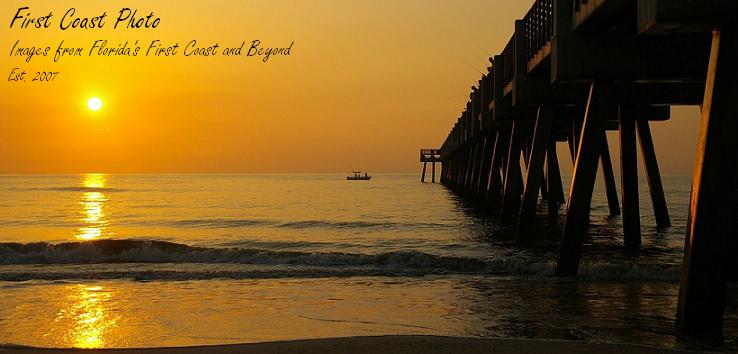
We bring out the heavy guns for ABC Wednesday this week, becuase "C" is for Cannon.
.JPG)
Cannon is derived from the Old Italian word cannone, meaning large tube, which came from Latin canna, in turn originating from the kanna—Greek for cane, or reed—and ultimately deriving from the Akkadian term qanu, meaning tube or reed.[1][2][3] The word has been used to refer to a gun since 1326 in Italy, and 1418 in England. Cannon serves both as the singular and plural of the noun, although the plural cannons is also correct.[1]
.JPG)
And as a musician I must also throw in the following:
Cannon have sometimes been used in classical pieces with a military theme. Giuseppe Sarti is believed to be the first composer to orchestrate real cannons in a musical work. His Te Deum celebrates the Russian victory at Ochakov (1789) with the firing of a real cannon and the use of fireworks, to heighten the martial effect of the music.
One of the best known examples of such a piece is another Russian work, Pyotr Ilyich Tchaikovsky's 1812 Overture.[120] The overture is properly performed using an artillery section together with the orchestra, resulting in noise levels requiring musicians to wear ear protection.[121] The cannon fire simulates Russian artillery bombardments of the Battle of Borodino, a critical battle in Napoleon's invasion of Russia, whose defeat the piece celebrates.[121] When the overture was first performed, the cannon were fired by an electric current triggered by the conductor.[122] However, the overture was not recorded with real cannon fire until Mercury Records and conductor Antal Doráti's 1958 recording of the Minnesota Orchestra.[123] Cannon fire is also frequently used annually in presentations of the 1812 on the American Independence Day, a tradition started by Arthur Fiedler of the Boston Pops in 1974.[124][121]
Head on over to visit any of the following for ABC Wednesday fun:
http://abcwednesdayround3.blogspot.com/

.JPG)



7 comments:
Wow! Very nice post about cannons!
Great stuff Alan! I read this and was off like a shot! LOL!
Thanks for the history lesson.
Wish history when I was in school had been this interesting.
Great photos also.
Bear((( )))
Interesting post... There's a cannon that looks just like that, with the same lateral aiming mechanism over at Fort Mason, inside the Golden Gate...
Hi Alan
I hope this small messge finds you well.
This really is an interesting post and one I enjoyed s much for the reading as for the pictures.
Thank you for a lesson in history quite out of the ordinary. I didn't know the word cannon had so complicated a history.
I think I'm glad that they at most use rifles for the 1812 overture over here...
great post about canons!
Post a Comment